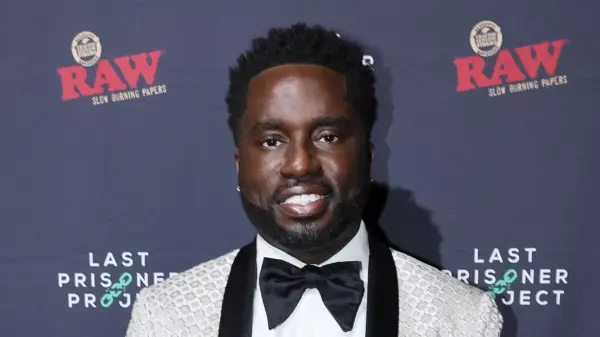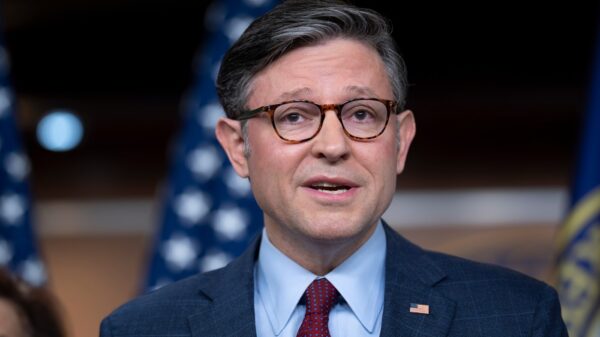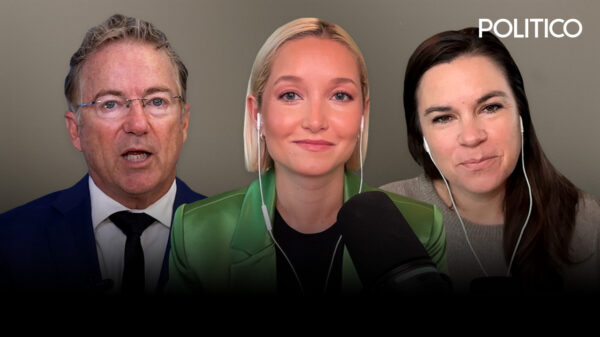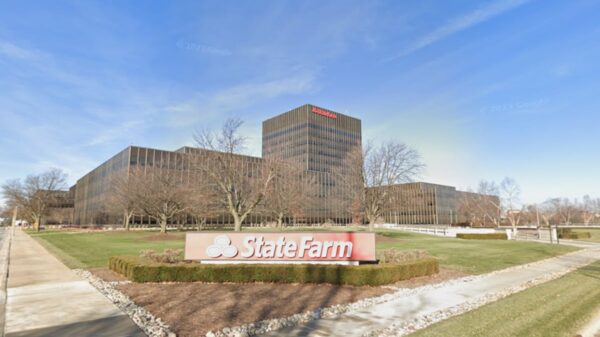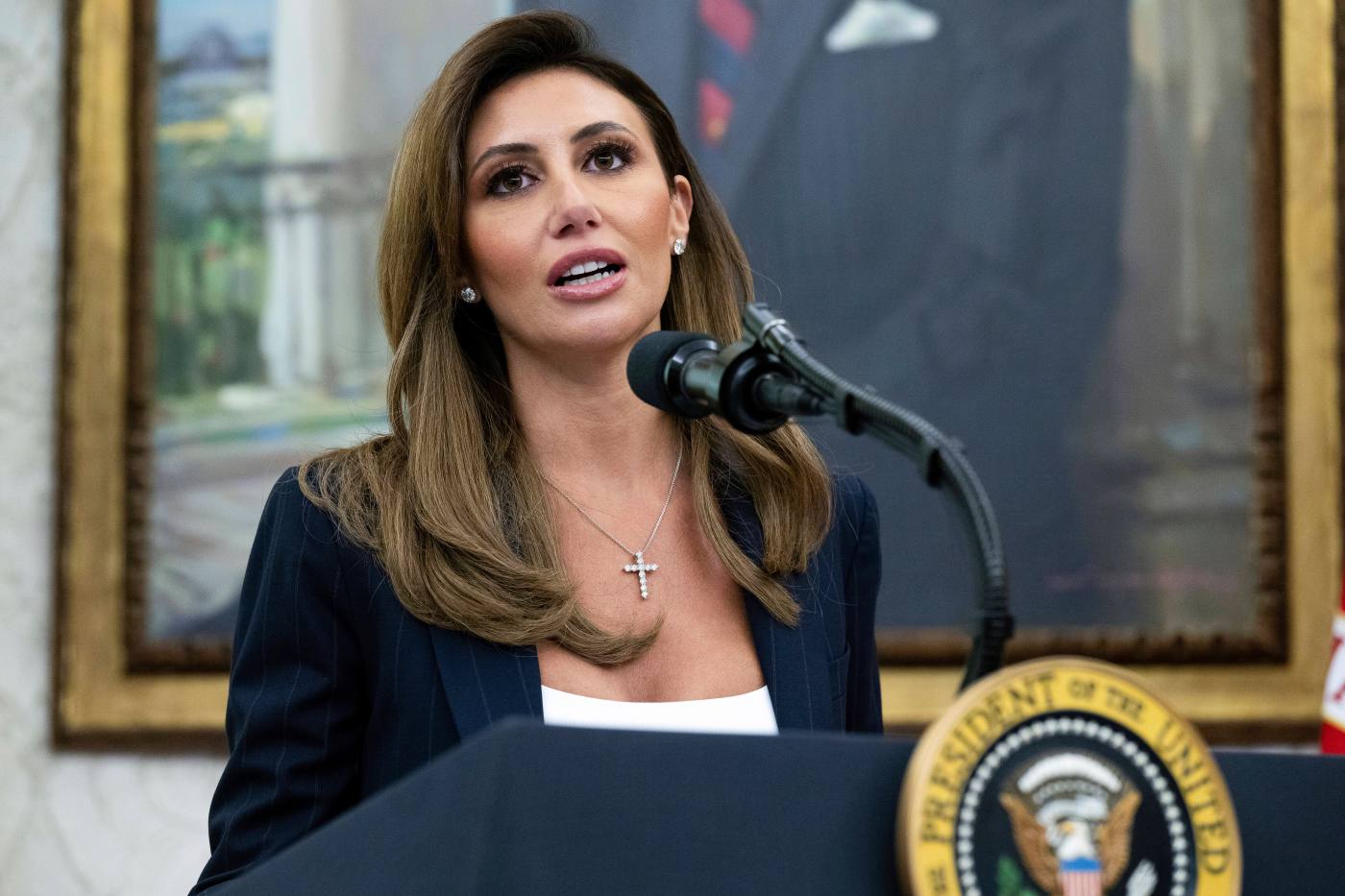A federal judge has declared that Alina Habba, a former attorney for Donald Trump, was unlawfully appointed as the U.S. attorney for New Jersey. The ruling, issued on February 7, 2024, confirmed that Habba had been occupying the position for over a month and a half without proper authorization. This decision underscores the ongoing controversy surrounding her appointment and the broader implications for the judicial system.
The case highlights the contentious relationship between the executive branch and judicial authority. Habba’s appointment was initially rejected by a panel of federal judges. Despite this, Trump and former Florida Attorney General Pam Bondi attempted to keep her in the role, showcasing a pattern of prioritizing loyalty over qualifications. Critics argue that such moves not only undermine the integrity of the judicial system but also disrupt essential prosecutorial functions in New Jersey.
Since Habba took office, significant disruptions have occurred, including the cancellation of plea hearings and sentencing, as well as grand jury proceedings being stalled. The confusion regarding leadership in the U.S. attorney’s office has drawn considerable criticism, especially as public safety concerns grow. Observers note that the insistence on maintaining Habba in this role reflects a troubling trend in governance that favors political loyalty over competence.
Despite the Republican majority in the Senate, which could have fast-tracked her confirmation, the lack of effort to secure Senate approval for Habba raises questions about her qualifications. The administration’s tactics to circumvent standard appointment procedures not only create a perception of impropriety but also endanger the operational integrity of the judicial system.
The ruling against Habba serves as a cautionary tale for other interim appointees, such as John A. Sarcone III, who is currently serving in a similar capacity for the Northern District of New York. A panel of judges has already rejected his continued appointment, yet procedural maneuvers have allowed him to remain. If Habba’s appointment was deemed unlawful, there are strong indications that Sarcone’s status may also be questionable.
In New York City, further turmoil has arisen from Trump’s influence over prosecutorial decisions. The departure of several prosecutors, including former interim U.S. Attorney Danielle Sassoon, resulted from directives to drop charges against Mayor Adams. This situation has been criticized as potentially involving quid pro quo arrangements that compromise the integrity of the justice system.
The recent ruling in New Jersey serves as a reminder of the importance of adhering to established legal processes in judicial appointments. If the administration were to prioritize qualified candidates, such as Jay Clayton, who received judicial approval for his role, it might mitigate some of the ongoing issues surrounding political appointments. Ultimately, following constitutional procedures and seeking Senate confirmations would not only enhance the legitimacy of appointments but also strengthen public trust in the judicial system.










